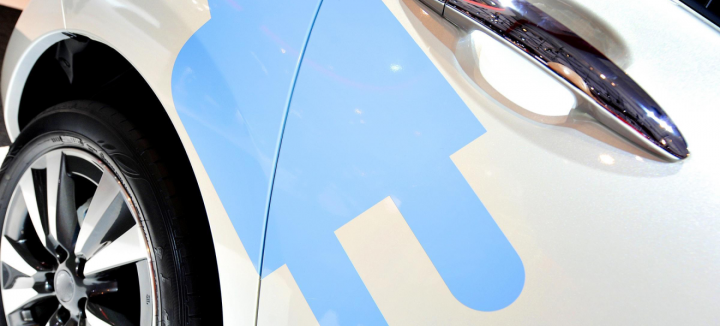The drive is on to transform motor manufacturing in Britain.
The UK automotive sector has urged all political parties to adopt five pledges and supercharge its competitiveness as part of a dedicated industrial strategy – with a £106 billion prize up for grabs from now until the end of the next parliament.
A commitment to transforming automotive production, giving confidence for all drivers to go electric and upskilling workers, combined with making sure British vehicles can be sold globally, and driving down the cost of clean energy, would unleash the sector to lead the UK’s net zero revolution.
Launching “Manifesto 2030: Automotive growth for a zero emission future” at its annual International Summit in London, the Society of Motor Manufacturers and Traders yesterday called on every party to recognise the strategic importance of the sector to the UK and create the conditions for a 10-fold rise in annual battery electric vehicle (BEV) production to more than 750,000 units per year by 2030. This would equate to a cumulative £106 billion worth of products at factory gate.
Such growth, however, is contingent on British plants attracting the next generation of electric models and scaling up an emerging EV supply chain, a process which puts the competitiveness of the sector into focus. As the sector consolidates its post-pandemic recovery, with sustained growth in new vehicle registrations, production output and manufacturing jobs – up 4% to a total of 208,000 jobs in the last year – it faces fierce global competition as other countries offer huge cash incentives and subsidies to attract green manufacturing.
The threat of tariffs from tougher local content rules under the UK-EU trade deal, which come into force in just six months’ time, would further disadvantage the industry. If not addressed, it would make British-built electric vehicles uncompetitive in our biggest export market, while pushing up EV prices for British buyers just as the UK and EU try to accelerate their uptake.
Mike Hawes, SMMT Chief Executive, said, “The government has set the industry tough targets and we are committed to meeting them.
“But we are in the middle of the most fiercely competitive investment landscape of a generation and need a UK response, urgently, using every policy, every fiscal and regulatory lever, to make Britain the most attractive place to invest.
“The automotive industry rises to every challenge, so we set out today a challenge to all political parties: back us with the right conditions and we will turn our obligations into opportunities for our industry, for jobs, for the environment and for the UK.”

Aston Martin this week announced a £182 million deal to buy electric powertrains from Lucid Group of America for new models from 2025.
Both companies are part owned by the Saudi Arabia’s Public Investment Fund and China’s Geely group, which also develops electric models, has a 17% stake in the British supercar maker while Lucid will now have a 3.7% investment as part of the the ev supply deal.
At the same time, Aston Martin has reiterated it still intends to use internal combustion engines and gearboxes from Mercedes-Benz, which has a 9% holding, for some models.

The Tesla Model S has lost 24.8% of its original value now it is entering the used market, reports Auto Trader.
The magazine also said that the ev sector has struggled the most and seen the biggest fall in prices at a time when buyers are looking to petrol or diesel models as their next car due to concerns over evs costs, battery life and range.
After the Tesla Model S the next big faller was the Audi e-tron, then the Renault Zoe. Some dealers are not taking them as part exchanges and consider evs as ‘high risk’ and likely to depreciate further after being taken in part-exchange.

